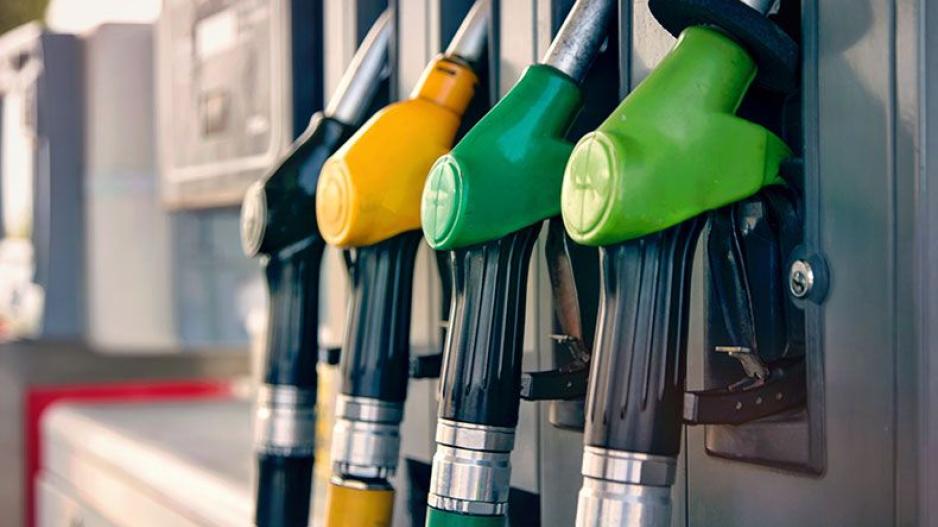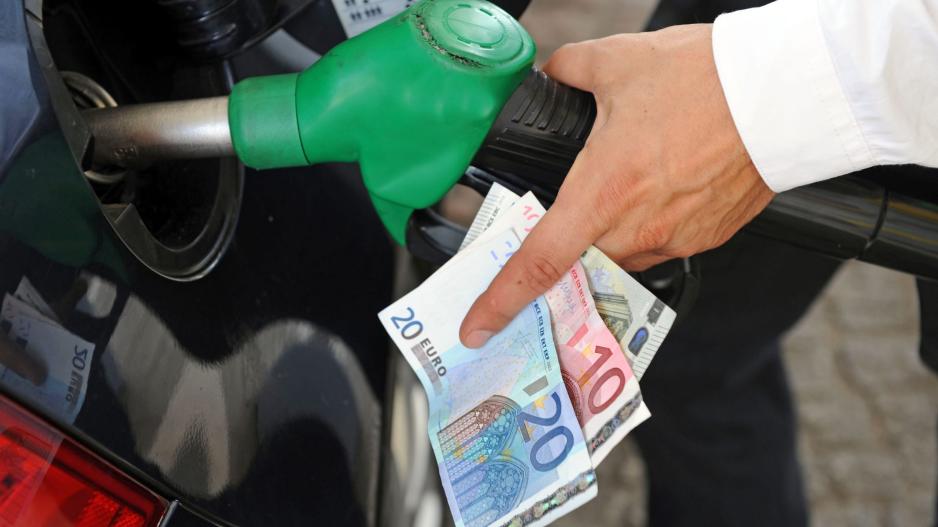Cyprus Faces 10% Fuel Price Increase by 2027
National Energy and Climate Plan Aims for 32% Emissions Reduction by 2030
Fuel prices in Cyprus for transportation and heating (excluding agricultural fuels) are expected to rise by approximately 10% by 2027 due to emissions pricing under a new European directive. This was discussed on Wednesday during a session of the Parliamentary Committee on Environment, which was briefed on the final update of Cyprus’s National Energy and Climate Plan 2021–2030 (NECP). The government plans to submit the updated plan to the European Union by the end of December.
Additionally, fuel prices will see further increases as the NECP includes a mandate to raise the percentage of biofuels in transportation fuels, aiming to reduce greenhouse gas emissions.
Speaking to the Committee, Theodoulos Mesimeris, Director of the Department of Environment, highlighted the lack of specialized workforce as a challenge. He stressed that a “very important issue” in the NECP being sent to Brussels is related to transportation, specifically increasing the biofuel content in transportation fuels “to the extent that it is technically feasible.”
Mr. Mesimeris explained that transportation fuels in Cyprus currently include approximately 7% biofuel content, as mandated by the Minister of Energy, which results in a 7% reduction in greenhouse gas emissions. To provide immediate solutions for emission reductions, the NECP proposes a new decree by the Minister of Energy to further increase the biofuel content in fuels.
This change, he noted, means that “fuels will emit fewer greenhouse gases but will also incur additional costs due to the higher biofuel content.” While this action will deliver “immediate results” in emission reduction, it will also increase fuel prices for consumers.
He added that the price of transportation fuels currently includes the cost of the base product, the cost of biofuel (depending on the quantity), and taxation. A third price increase is expected to result from the planned tax reform for fuels.

According to Theodoulos Mesimeris, Director of the Department of Environment, Cyprus aims to reduce greenhouse gas emissions by 32% by 2030, compared to 2005 levels—a reduction equivalent to approximately three million tonnes.
Mesimeris noted that the first compliance cycle, covering the years 2021–2025, will close in 2027, with Cyprus required to pay €150 million (€30 million annually) during the five-year period.
The final draft of the NECP outlines new policies and measures, including:
-
Renovation and upgrading of unused or inactive housing units for affordable rental markets through the "Renovate – Rent" scheme.
-
Increasing the percentage of biofuels in transportation fuels.
-
Limiting population growth in cattle herds.
-
Implementing policies and infrastructure for managing municipal waste.
-
Targeted measures to enhance carbon absorption through land-use practices.
“The executive branch is striving to find the optimal approach to minimize the burden of high fuel prices on the public,” Mesimeris said. He added that efforts may focus on aligning the national tax reform with the implementation of the EU Emissions Trading System (ETS).






